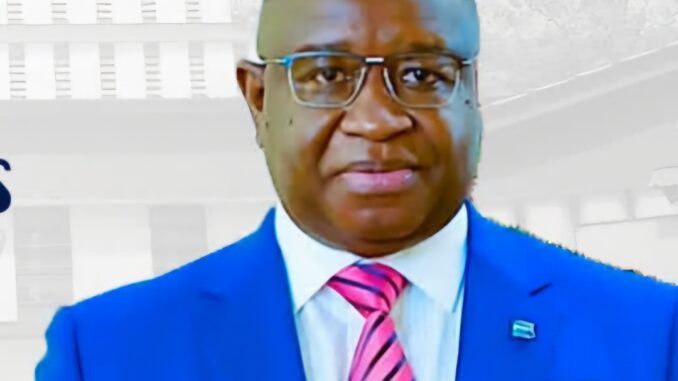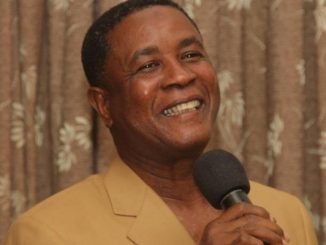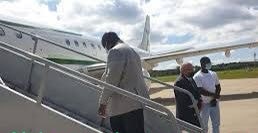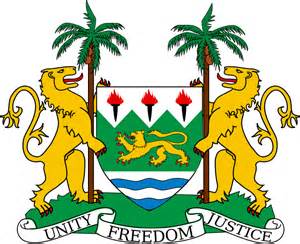
Trump’s U.S. Visa Ban on Sierra Leone Is Unjustified—and Our Government’s Silence Is Dangerous
By Hon. Ibrahim Barrie, Member of Parliament, Bombali District – Opposition APC
On June 4, 2025, the Trump administration announced a partial U.S. visa ban on Sierra Leone, citing visa overstays and a refusal to repatriate deported nationals. The ban, effective June 9, affects immigrant visas and several non-immigrant categories, including tourist, student, and exchange visitor visas.
This decision is unjust, discriminatory, and punishes ordinary Sierra Leoneans—students, businesspeople, families—who have worked hard to build ties with the United States. But what is even more disturbing is the silence of the Sierra Leone government. Where is the response from State House, the Ministry of Foreign Affairs, or our Ambassador to the U.S.?
This ban is not only about U.S. immigration enforcement. It’s a mirror reflecting Sierra Leone’s failure to address internal security, migration management, and the worsening drug crisis.
Selective Numbers, Misleading Narrative
According to U.S. Homeland Security, Sierra Leone has a 15.43% visa overstay rate for tourists and business travelers, and 35.83% for students and exchange visitors. While these figures appear high, they are:
Comparable to many other countries not facing similar sanctions.
Based on a small number of travelers, so the actual impact is minimal.
Often complicated by documentation issues—not deliberate refusal to repatriate.
Rather than being an immigration threat, Sierra Leone is a soft target—lacking diplomatic pushback, policy clarity, and seriousness in addressing the factors fueling emigration.
Drug Crisis: A National Emergency Ignored
Sierra Leone has become a drug trafficking corridor for international cartels moving narcotics from South America and Asia to Europe and, to a lesser extent, the U.S. The U.S. State Department describes our country as plagued by corruption, poor law enforcement, and an inefficient judicial system.
Internally, synthetic drugs like Kush are ravaging communities, with addiction rates rising sharply in 2024. Centers like the one I visited in Makeni are overwhelmed and underfunded. Yet, there has been no serious national response—no declared emergency, no scaled-up rehabilitation efforts, and no coordinated anti-drug campaign.
The visa ban, though framed as technical, reflects international doubt in our systems. If we fail to fix our public security, drug enforcement, and migration management, such external actions will continue.
We Must Act—Now
This situation should have prompted urgent diplomatic and parliamentary action. Instead, we see silence. We must:
Demand a formal review of Sierra Leone’s inclusion on the visa ban list.
Launch a national anti-drug strategy to rescue our youth and communities.
Upgrade border control, passport, and identity systems to address migration concerns.
Engage ECOWAS and the AU to push back against unjust travel sanctions on African nations.
Conclusion
This visa ban is not just about U.S. policy—it exposes the weaknesses in our governance and leadership. We must stand up for Sierra Leoneans at home and abroad. Silence is not a strategy. The government must respond—with facts, reform, and accountability.
@USEmbFreetown @TimKabba




Leave a Reply